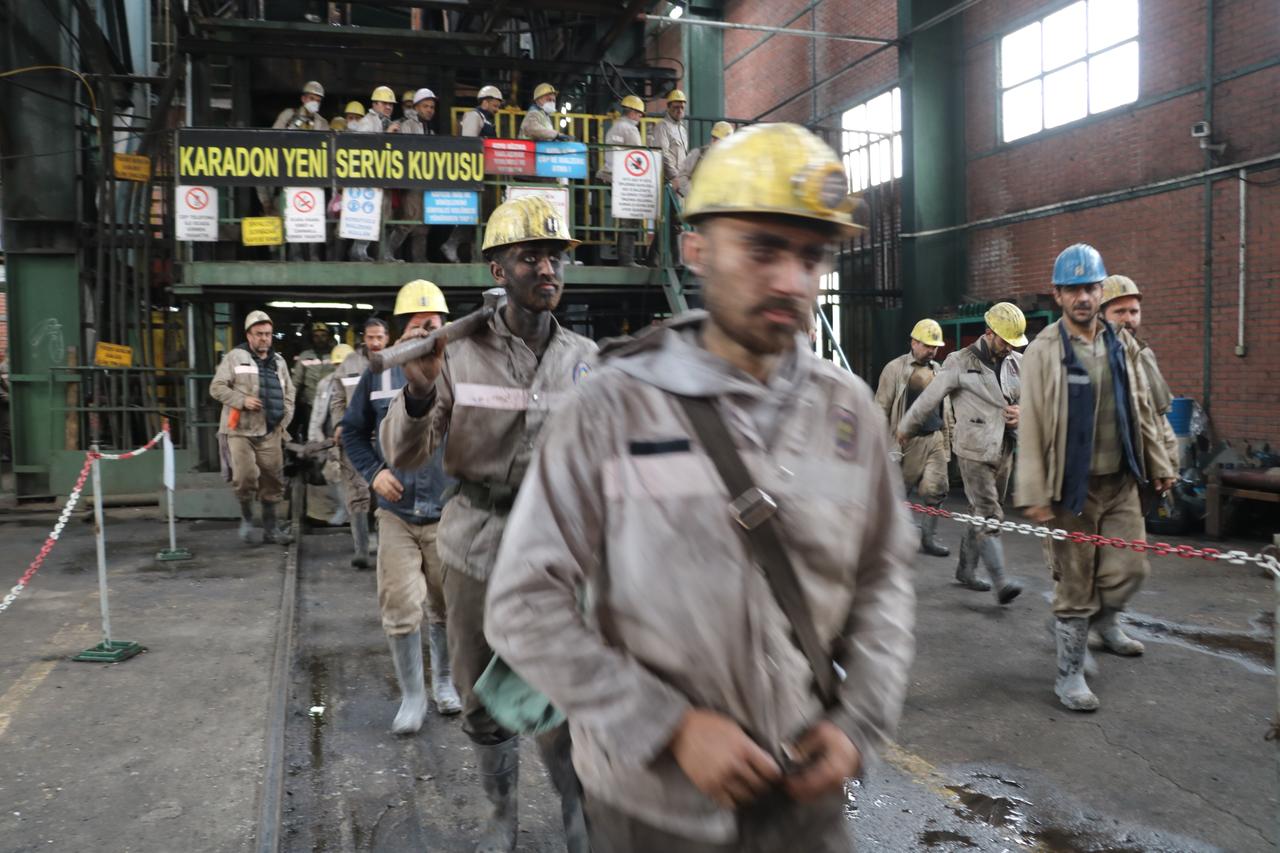
At least 206 workers lost their lives in workplace incidents in September, according to the latest report by the Health and Safety Labor Watch Council (ISIG).
Based on information gathered from national and local media, as well as testimonies from colleagues, unions, and occupational safety experts, the council estimates that 1,566 workers have died in the first nine months of 2025.
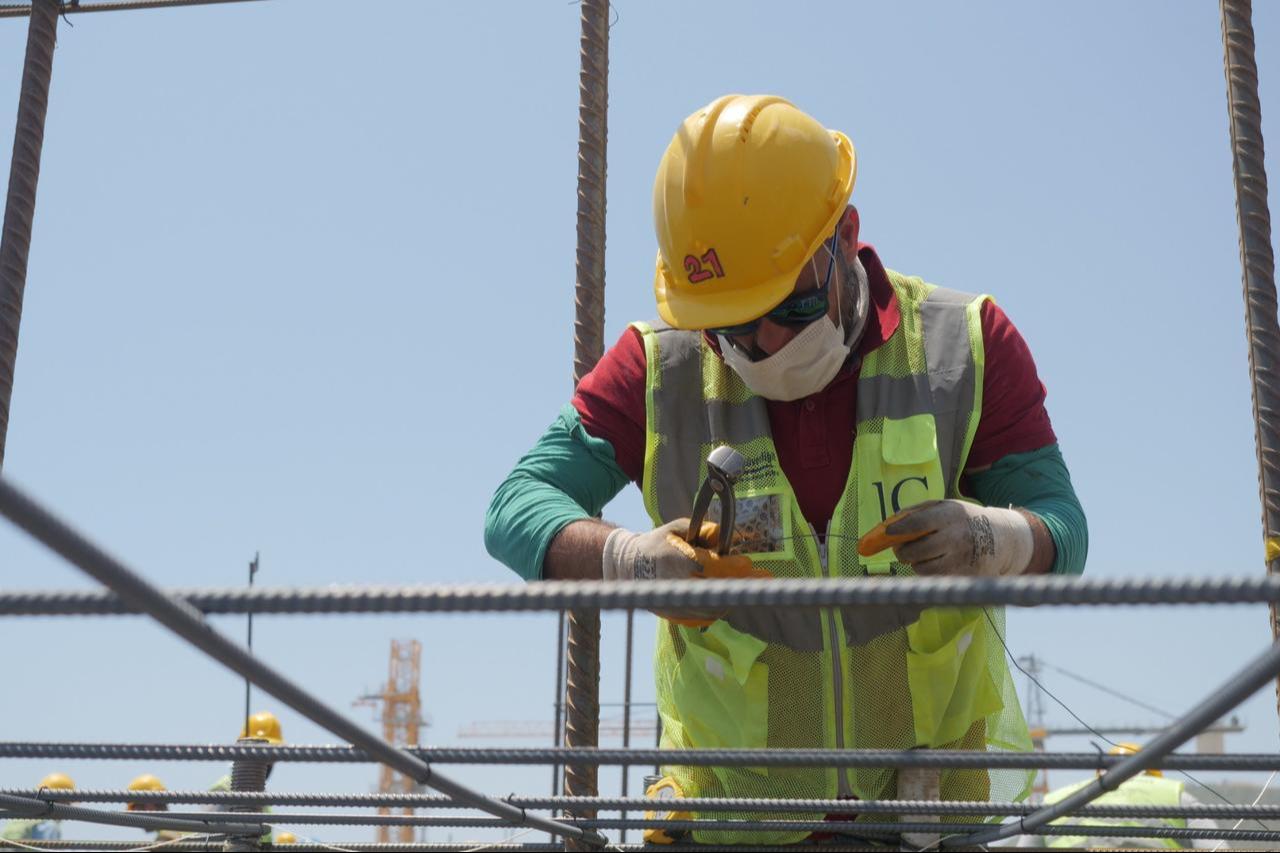
The agriculture sector recorded the highest number of fatalities, with 27 farmers and 22 agricultural laborers. Construction followed with 43 deaths, a third of which occurred in Türkiye’s earthquake-hit provinces. The transport sector ranked third, involving drivers of trucks, tankers, cargo vans, minibusses, and taxis.
In total, 64 workers died in industrial sectors, 49 in agriculture, 49 in services, and 44 in construction. These areas share one key feature: insecure, often informal employment with weak union representation.
The primary cause of worker deaths was traffic and transport-related accidents, accounting for more than a quarter of all fatalities. Many of these incidents occurred while workers were being transported in unsafe vehicles or driving long hours under pressure.
Other leading causes included crushing, falls, and heart attacks linked to overwork and heat exposure.
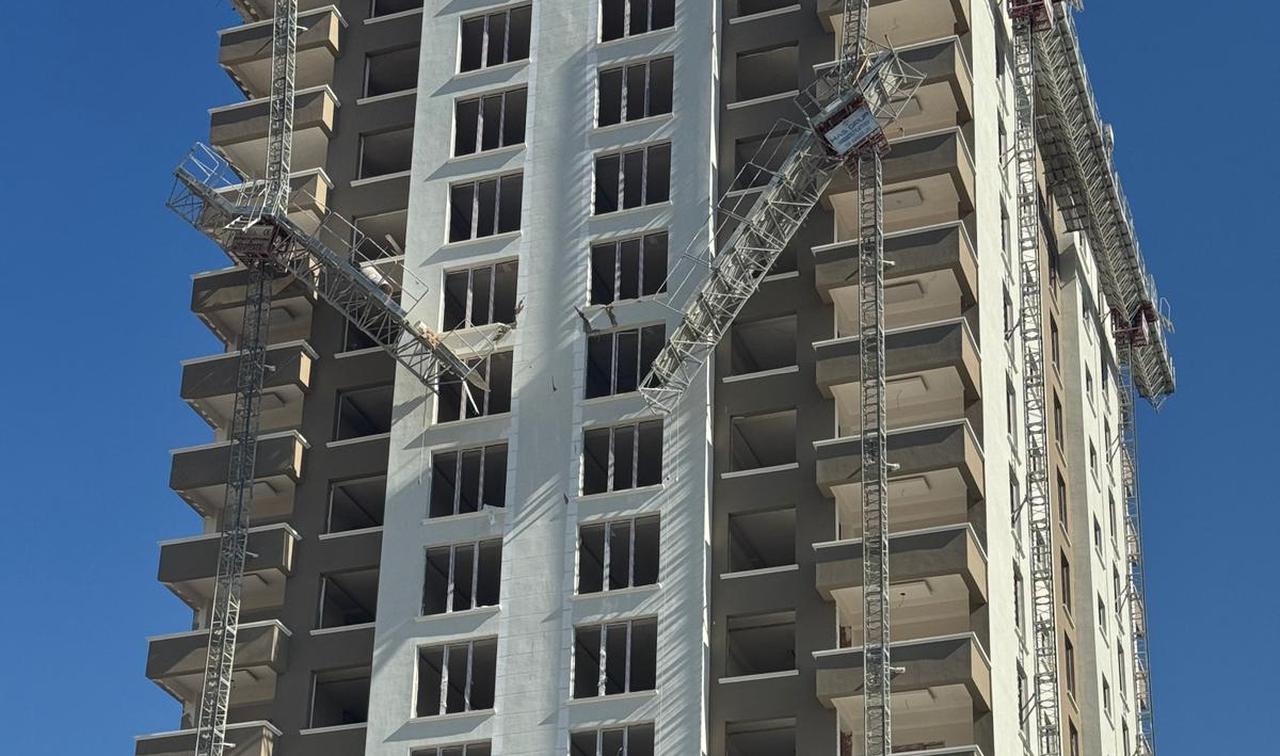
Most workplace deaths occurred in Türkiye’s industrial and agricultural hubs, including Istanbul, Antalya, Diyarbakir, Tekirdag, Izmir, Hatay, and Trabzon.
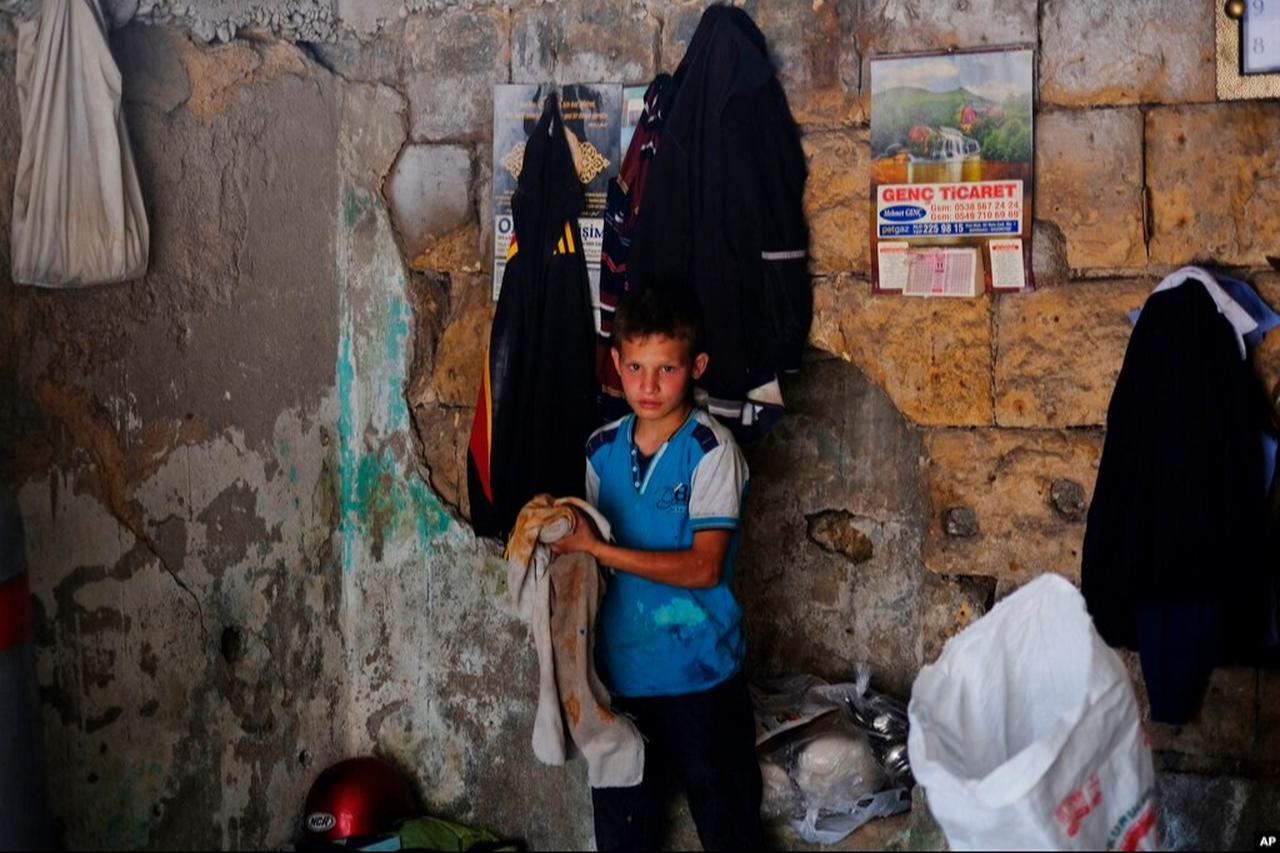
ISIG reported that at least nine child laborers died in September. Among them was 17-year-old Yagiz Yildiz, a student of Türkiye’s vocational training system (known as MESEM), who died at the Karabuk Iron and Steel Factory after a machine collapsed.
The report also noted nine migrant worker deaths, including four Syrians and one Moldovan, Nicolai Palamarciuc, who was allegedly tortured to death by his employer’s relatives in Istanbul. His family stated, “My brother did not deserve this… he wanted to leave the factory, but they would not let him.”
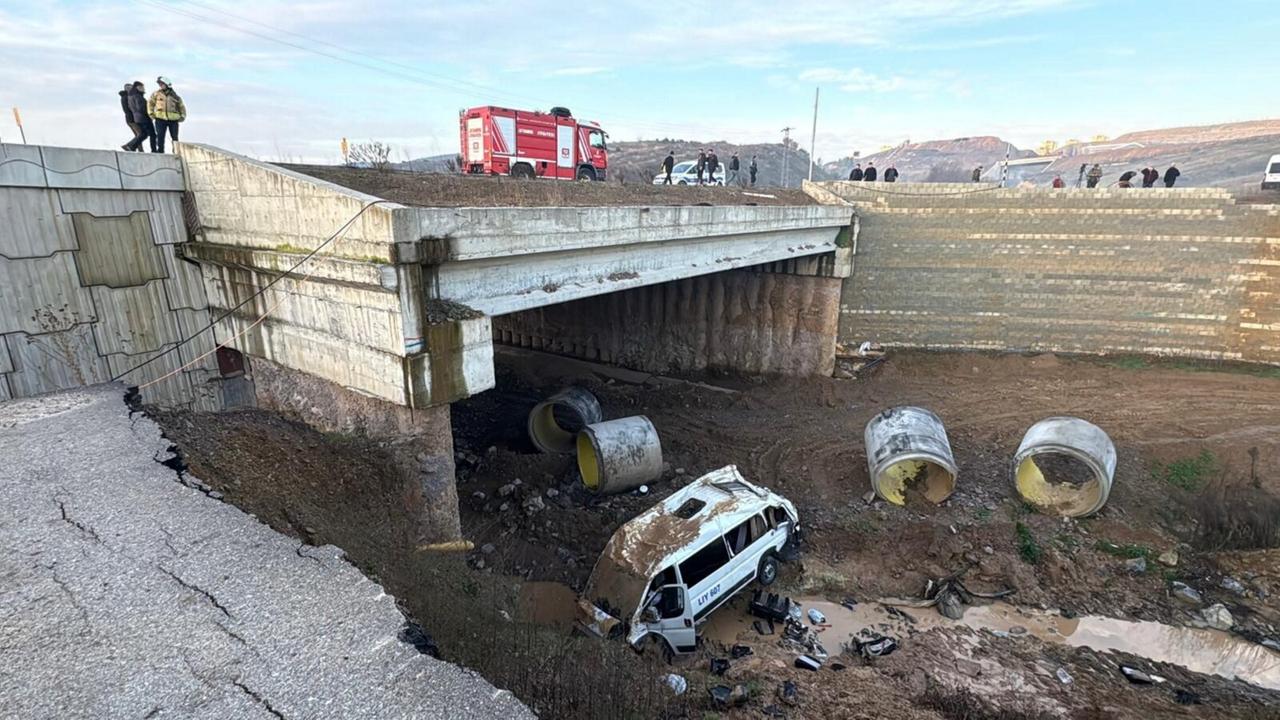
Fourteen women were among the victims, most working in agriculture, commerce, or services. Almost all of those who died—over 99%—were not unionized, reflecting widespread precarious employment conditions.